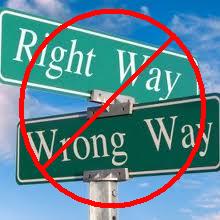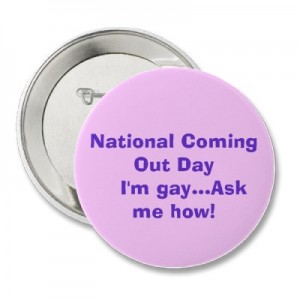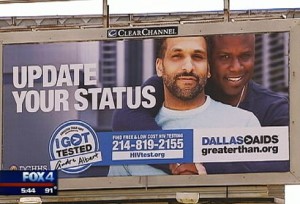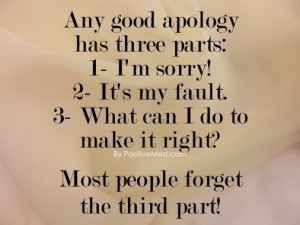[Content Note: Sex, Policing others’ sexual choices, Homophobia]
While perusing Twitter today, I ran across a link to a Queerty story (linked article includes NSFW image) about a young man who plans on having anal sex for the first time as performance art. The article describes the planned event thus:
The
sweeping act of teenage narcissismdeflowering will be tittled “Art School Stole My Virginity” and will feature 19-year-old Pettet and his friend engaging in safe sex until completion. Afterwards, they will ask the audience what they thought of the performance. Because who doesn’t like to be critiqued after sex?
 That quote is verbatim. I did nothing to edit it. The phrase “sweeping act of teenage narcissism” is included in the original article, complete with strikeout font. Because apparently, the Graham Gremore, the writer, couldn’t help but fill the entire article with signs of his contempt for Pettet’s choices.
That quote is verbatim. I did nothing to edit it. The phrase “sweeping act of teenage narcissism” is included in the original article, complete with strikeout font. Because apparently, the Graham Gremore, the writer, couldn’t help but fill the entire article with signs of his contempt for Pettet’s choices.
And that what my blog post is about. I have nothing to say about Pettet’s plans, other than to wish him the best and hope that he finds the whole thing rewarding, however he chooses to evaluate what would make the experience rewarding to thim. Because in the end, I’m pro-choice and fully embrace Pettet’s agency.
It becomes pretty obvious that the writer for Gremore would rather condemn and ridicule Pettet’s choice. Fankly, I’m not okay with that. I think this is just more evidence that the LGBT community — or at least certain segments of it — is still all too willing to police the sexuality and sexual choices of others.
Of course, a lot of this plays into the attempt to gain LGBT approval through mainstreaming. “Oh, we’re not all like those promiscuous [a word which, in my experience, is highly subjective and simply means “has had more sex than the speaker personally approves of”] gay men in bath houses.” It’s true, of course. But I’m deeply troubled by the fact that some people are willing to throw gay men who are like that under the bus for the sake of their own increased freedom. (And to make matters worse, it’s not a very effective strategy.)
I am pro-choice and I believe that everyone’s sexual choices should be respected. People should be allowed to have as much or as little sex as they want, with who they want (and only with who they want), how they want, and for whatever reason they want (be it love, the need to get off, or performance art). To me, this idea is central to the equality and freedom of sexual minorities.
And I would like a site like Queerty to be a bit more onboard with and sensitive to that notion by telling Mr. Gremore and anyone else like him to keep their contempt for others sexual choices out of their writing.





